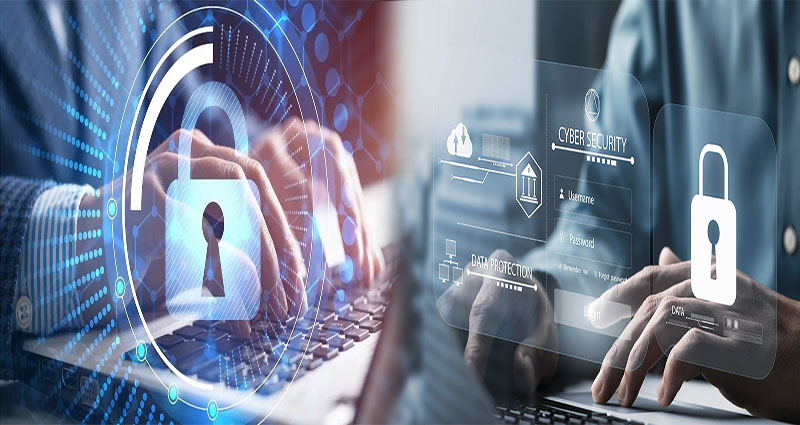Safeguarding Personal Information: The Role of Cybersecurity in Combatting Online Threats
In an era dominated by digital interactions, the protection of personal information has become a paramount concern for individuals. Cybersecurity serves as the frontline defense against a myriad of online threats aimed at compromising sensitive personal data. But how exactly does cybersecurity work to safeguard personal information from these threats?
Understanding Cybersecurity’s Role
- Encryption: Cybersecurity employs advanced encryption techniques to encode personal information, making it unreadable to unauthorized users. This encryption ensures that data transmitted online remains secure and confidential, minimizing the risk of interception by cybercriminals.
- Firewalls and Intrusion Detection Systems: Firewalls act as barriers between a network and potential threats, monitoring incoming and outgoing traffic to block malicious entities. Intrusion detection systems complement firewalls by detecting and preventing unauthorized access attempts, thus safeguarding personal information from cyber threats.
- Antivirus Software: Antivirus software plays a crucial role in protecting personal information by detecting and removing malicious









